THE GLOBAL EXCHANGE CONFERENCE

October 6-9, 2024 • Lake Buena Vista, FL
Walt Disney World Swan & Dolphin Resort
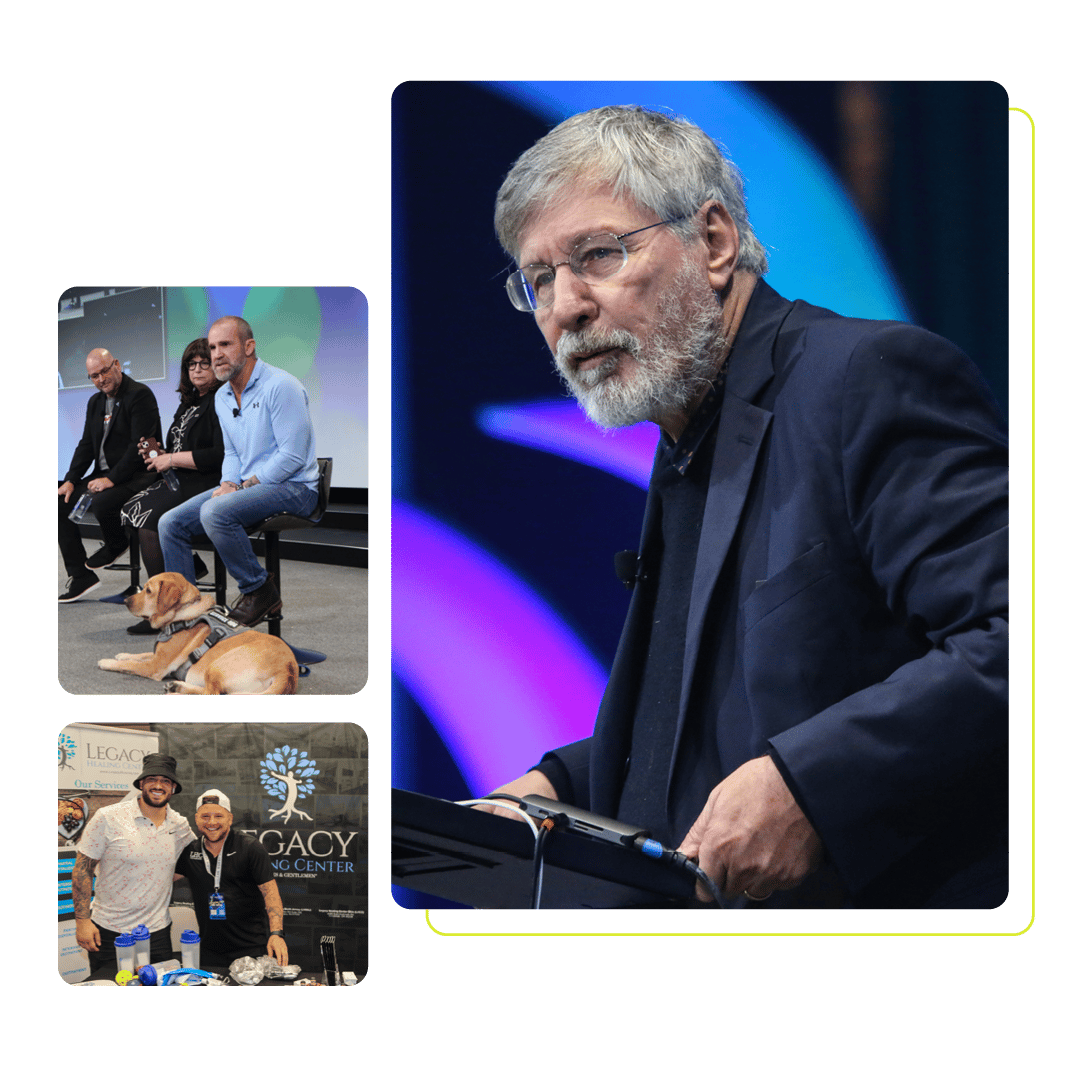
THE WORLD'S LARGEST MENTAL HEALTH & ADDICTION CONFERENCE
The Global Exchange Conference is a not-for-profit, international conference dedicated to empowering professionals to elevate their knowledge regarding therapeutic practices, treatment models, and the latest mental health, addiction, and holistic wellness innovations.
To that end, GXC takes pride in hosting the most respected and in-demand speakers and thought leaders, all of whom present the most cutting-edge research and relevant topics in our focused tracks and fields.
GXC by the numbers
Presenters
Attendees
Sessions
CEs / CMEs
Workshops
World-Renowned Speakers

Alanis Morissette

Dr. Kristin Neff
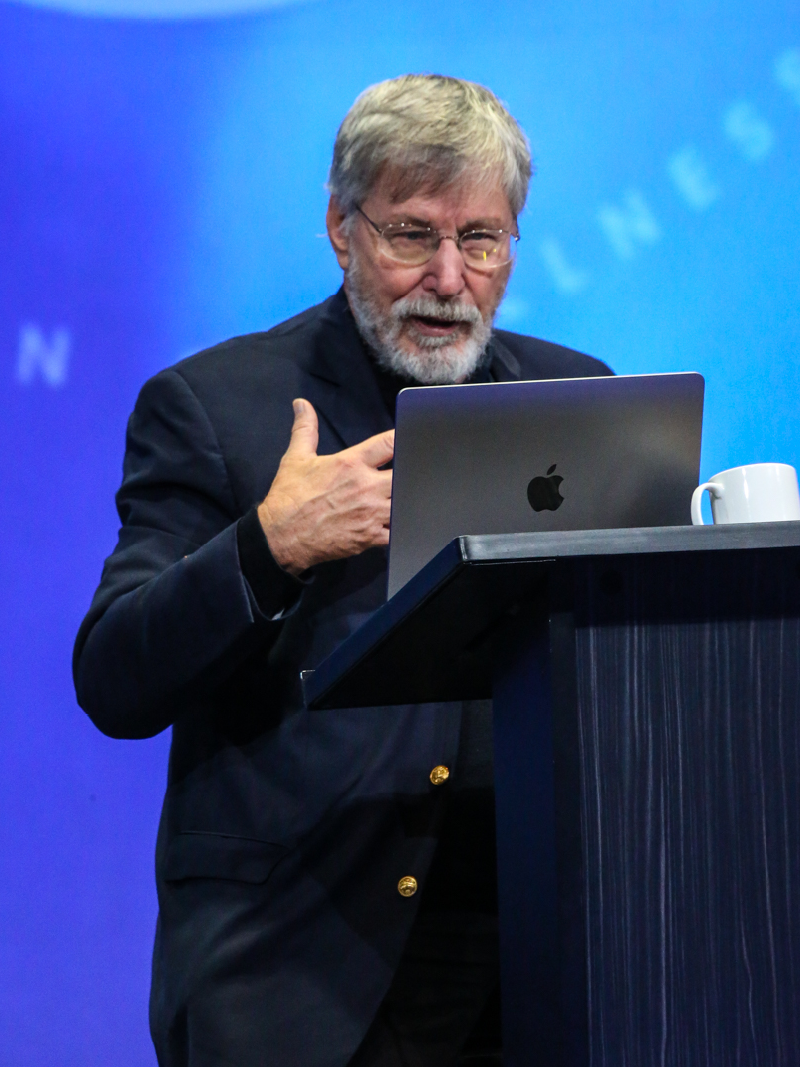
Bessel van der Kolk

Dr. Richard Schwartz
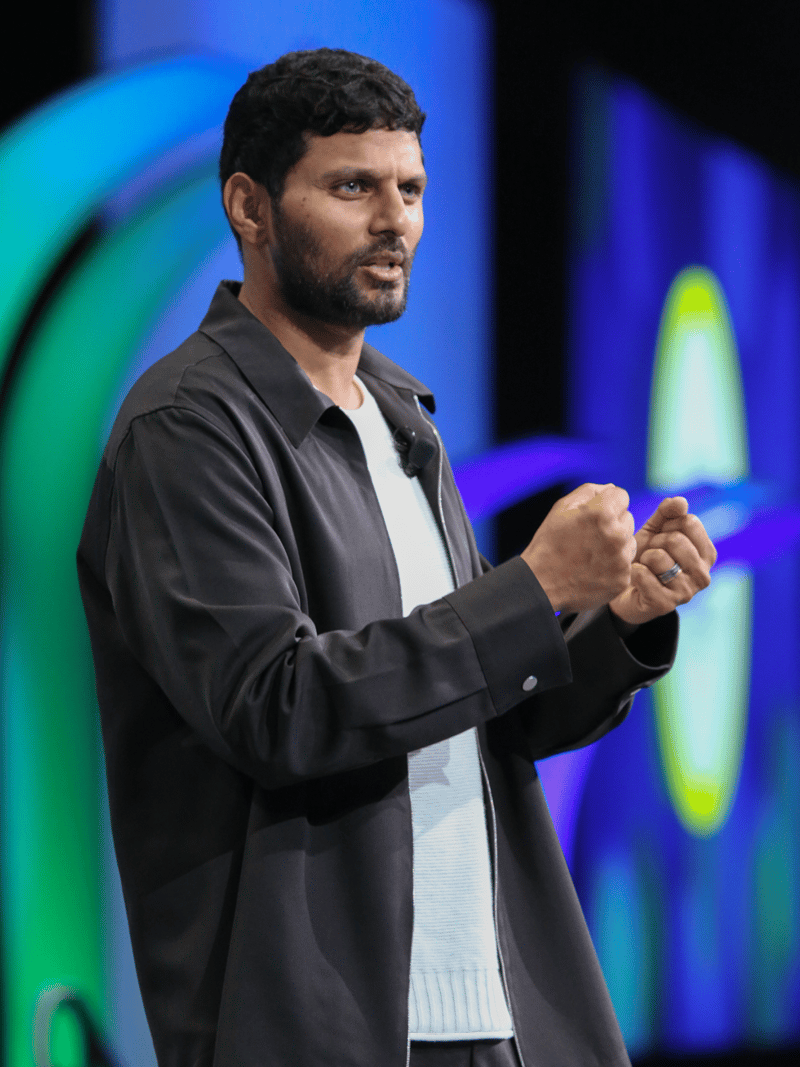
Jay Shetty
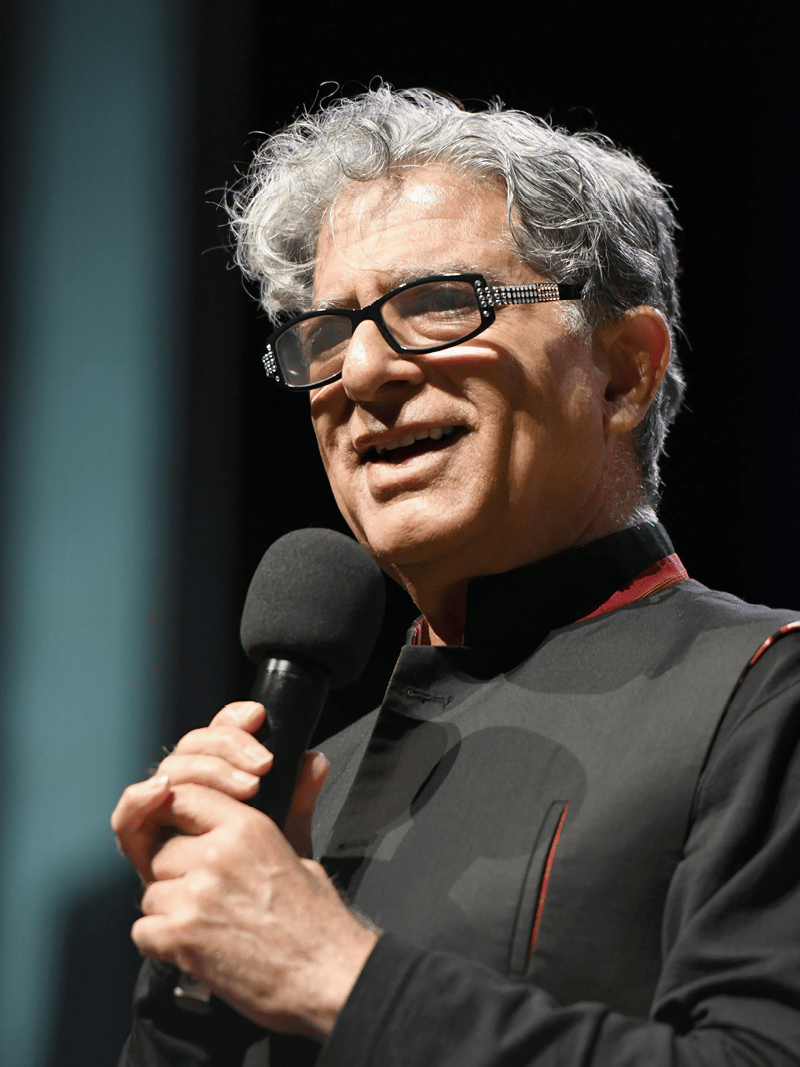
Deepak Chopra

Rob Lowe

Dr. Ramani Durvasula

Demi Lovato

Dr. Tina Payne Bryson
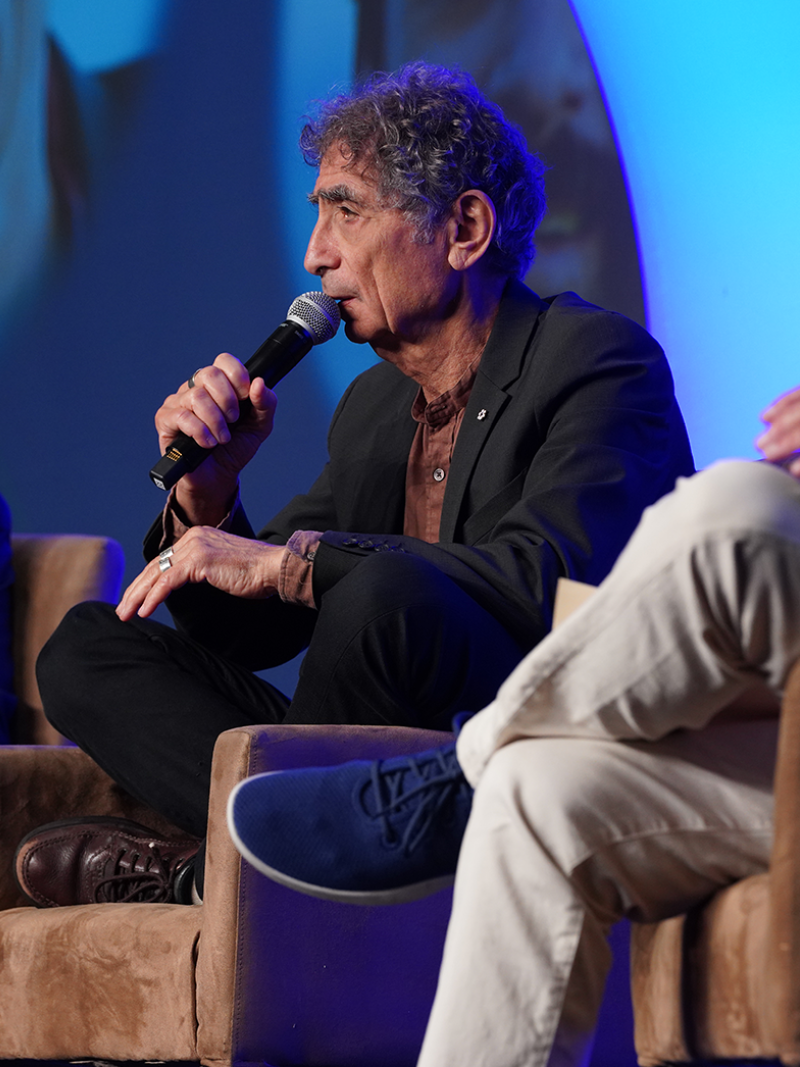
Gabor Mate
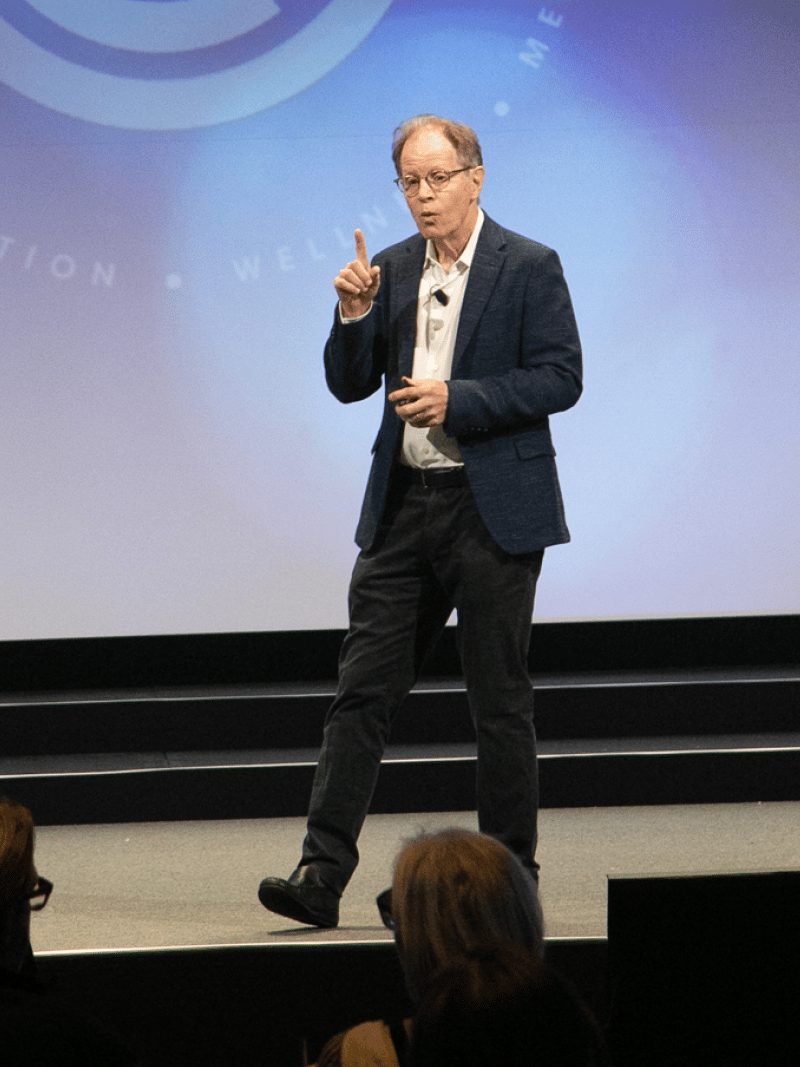
Dr. Dan Siegel

See YOU There!
With a vibrant international mix of conference attendees, The Global Exchange Conference is a truly global hub of inspiration, education, and networking — one that creates endless ripple effects for professionals and their clients nationwide. Our attendees reflect the dynamic diversity of our industry: from admissions to leadership, veterans to newbies, and everything in between. Join us!
Opportunities for Partnership
The Global Exchange Conference is proud to partner with leading organizations in addiction, mental health, and wellness. Contact us to learn more about 2024 opportunities for sponsors and exhibitors.

#GXC2024
SHOWCASE YOUR BUSINESS
We are now accepting businesses to register to be a part of our Exhibit Hall and Wellness Hall! Please see below for more information.
